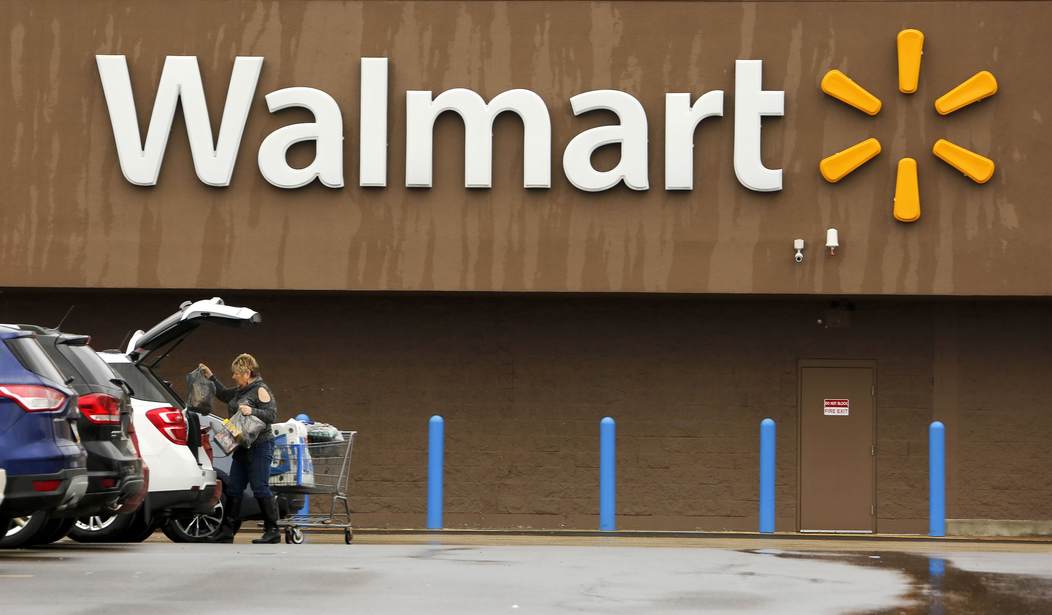Anyone who knows economics is familiar with supply and demand. But we are increasingly seeing the rise of activists making political demands that are often bad for the companies and their customers.
That contrast between economic demand and political demands is playing out on the national stage, where Costco, Albertsons, Kroger, McKesson, and Walmart face public pressure to hurl themselves into some of the most politically choppy waters in America.
In mid-July, New York City Comptroller Brad Lander sent each of the five companies a letter urging them to “immediately take the necessary steps” to begin stocking their pharmacies with the controversial and dangerous chemical abortion drug mifepristone. With the City’s five public pension funds at his disposal, Lander makes clear from each letter’s outset that he stands ready to leverage the programs’ $1.3 billion collective stake in the corporations to ensure their prompt compliance.
The letters present a thin veneer of a serious business rationale, but it strains credulity to see them as anything other than political. For example, Lander says the company must respond to this “growing market opportunity” to hold to “its commitment to maximizing sales and long-term shareholder value.”
But his letters never come close to making the case that there’s a demand for abortion drugs among the families that make up Costco members and Walmart shoppers. There’s a reason for that. It’s not something the customers want.
Following this spring’s U.S. Supreme Court oral arguments in FDA v. Alliance for Hippocratic Medicine—which thrust the harms women suffer from chemical abortion drugs and the FDA’s removal of commonsense safety standards to the forefront of the legal spotlight—Costco told Inspire Investing in an email that the company had “yet to see any material demand for mifepristone from our members, whose needs we exist to fill.”
Recommended
Dispensing mifepristone is a legal and political minefield. Eighteen states would prohibit or severely restrict its use. And, last February, 19 state attorneys general sent letters to four of these companies informing them that the Comstock Act would make it a felony to dispense the drug by mail.
Lander also says the drug “has a safety profile comparable to that of ibuprofen.” But ibuprofen doesn’t send roughly 1 in 25 of women who take it to the emergency room, a statistic the FDA features on the label for the abortion drug. The FDA also reports that up to 7 percent of women who take abortion drugs will require surgery, and that hospitalizations increased 300 percent with no in-person doctor visit, which it removed in 2021. The evidence shows that chemical abortion drugs present irreducible and serious risks to every woman who takes them.
Even from a purely transactional approach, grocery stores and other retailers could be trading a lifetime of potential transactions with a human being for the single sale of a drug that takes her life. The Brookings Institution estimated that the average American family will spend $310,000 to raise a child born in 2015. This includes over $50,000 in food and $15,000 in clothing, not to mention furniture, other household and healthcare items, toys and games, or diapers and formula, all things retail stores sell.
There’s no question that Lander’s fiduciary arguments, such as they are, fall flat on their face. So, is there some non-financial motivation for his letters? A little bit of digging goes a long way here.
A longtime politician described as one of the city’s most left-leaning by the New York Times and Politico, Lander announced his bid to challenge New York Mayor Eric Adams in the 2025 election just two weeks after sending out his letters.
More curiously, during his 2021 race for Comptroller, Lander was endorsed by former Planned Parenthood CEO Cecile Richards—an odd fit for an endorsement to an office focused on fiscal accountability. Landers’ wife also spent nine years in senior leadership at Planned Parenthood of New York City.
This evidence isn’t definitive, but it is certainly stronger than Landers’ fiduciary arguments. The pressure applied to Costco and other retailers smacks of politics—not finance. That’s not in the best interests of any shareholders—including New Yorkers who depend on sound fiscal stewardship of their retirement funds.
That’s why Inspire Investing led a diverse coalition of shareholders representing over $100 billion in assets under management and 6,000 Costco members in public letters to all five companies contacted by Lander. Unlike the political undercurrents of Lander’s campaign, the investors encouraged C-suite leaders to consider the long-term costs and benefits, as well as the legal and political risks of selling mifepristone.
Sink or swim, five of the nation’s most trusted brands face a crucial choice. Will they buckle to a poorly masqueraded activist demands at great legal and reputational risk, or will they recommit to delivering long-term value to their shareholders? In other words, will they choose to serve customer demand, or buckle to activist demands?
Time will tell.
Michael Ross is legal counsel for Alliance Defending Freedom (@ADFLegal).

























Join the conversation as a VIP Member